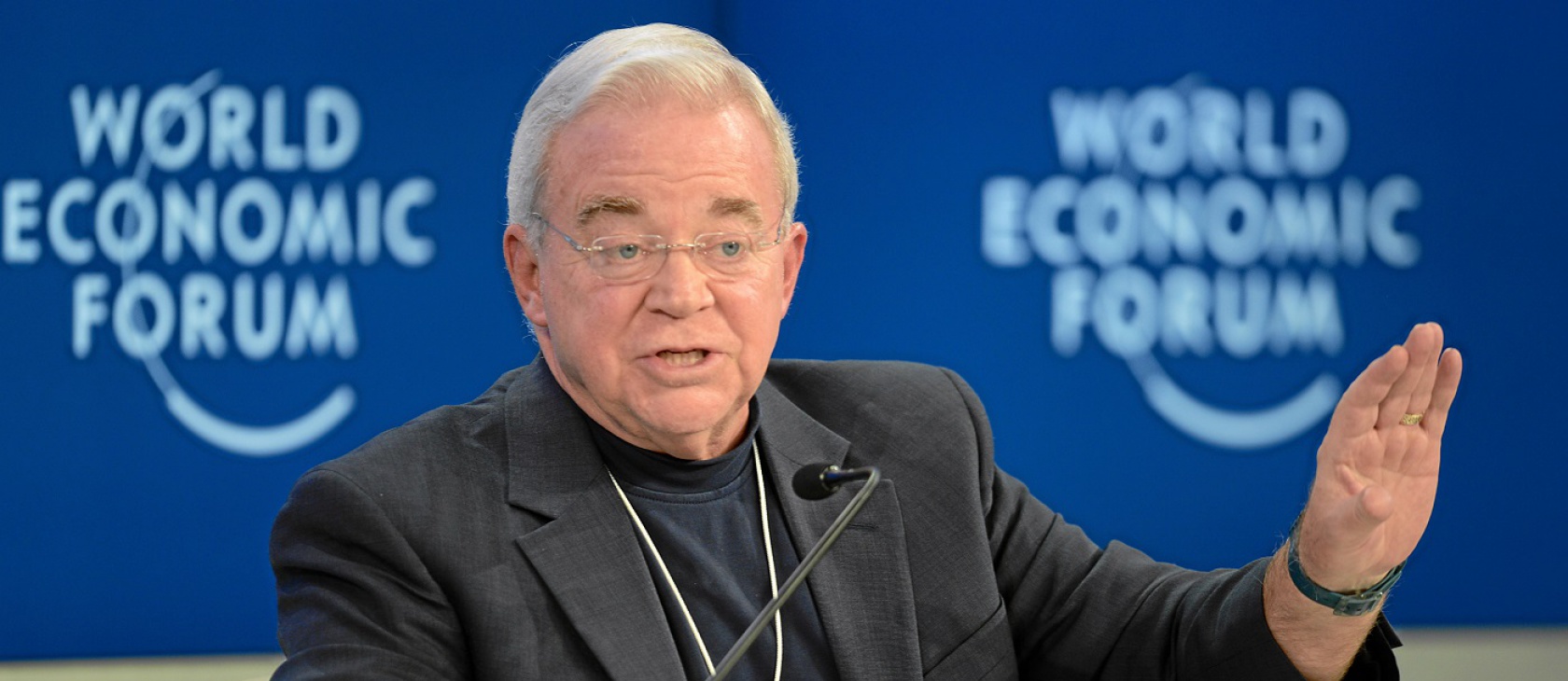Occasionally, the themes the Acton Institute dedicates itself to proclaiming, in season and out of season, burst into the mainstream.
On Monday’s “Rush Limbaugh” program, a female caller was perplexed that too many pulpits preach leftist ideals, which undermine the faith. Rush Limbaugh responded by pinpointing the intellectual moment that corroded the faith:
When the Left convinced the clergy that socialism is charity, it was over. So much of the clergy is leftist, because to them it’s all charity. 'It’s taking from the haves and distributing to the have-nots. Who could oppose that? That’s what we’re here to do. That’s what the Lord said…’ Ever since the redistribution of wealth ceased being seen as confiscating people’s money, and instead was seen as charity, it was over.
Limbaugh shares an underappreciated history with his audience, which is the largest in talk radio: Traditional clergy once commented on the pressing practical concerns of the day, standing against philosophical currents and movements that violated Christian principles. This explicitly included socialism.
Socialist revolutionary Rosa Luxemburg lamented the diligence of Russian Orthodox clergy in opposing her movement from the ambon. “The believers who go to church on Sundays and festivals are compelled, more and more often, to listen to … a real indictment of Socialism,” she said in 1905.
“The clergy fights the socialists,” she said, “condemning the ‘covetousness’” of the movement.
Indeed, the best exponents of Christian thought revealed a truth so forgotten that it seems self-contradictory today: Socialists are motivated by greed. Pope Leo XIII wrote in in December 1878:
Lured, in fine, by the greed of present goods, which is “the root of all evils which some coveting have erred from the faith,” they assail the right of property sanctioned by natural law; and by a scheme of horrible wickedness … they strive to seize and hold in common whatever has been acquired either by title of lawful inheritance, or by labor of brain and hands, or by thrift in one's mode of life. (Quod Apostolici Muneris, “On Socialism.”)
However, the simplistic appeal of socialism also found its supporters in the pulpit. Earlier the same year, the great Baptist preacher of London, Charles Haddon Spurgeon, warned that ministers had become apostles of Marxist doctrine.
“German rationalism, which has ripened into socialism, may yet pollute the mass of mankind,” he said. “Deadly principles are abroad, and certain ministers are spreading them.”
“I would not have you exchange the gold of individual Christianity for the base metal of Christian socialism,” Spurgeon exhorted his congregation 11 years later.
Any efforts to build a utopian kingdom on earth, overseen by fallen men, would prove futile. “To attempt national regeneration without personal regeneration is to dream of erecting a house without separate bricks,” he said.
Christian leaders charged all priests to instruct the faithful that Christianity and collectivist economics are inherently inimical. “See to it, Venerable Brethren, that the Faithful do not allow themselves to be deceived! Communism is intrinsically wrong, and no one who would save Christian civilization may collaborate with it in any undertaking whatsoever,” wrote Pope Pius XI in March 1937 (Divini Redemptoris, “On Atheistic Communism”).
Yet Luxemburg had already previewed the way Christianity could be enervated from within. She proceeded to misquote sermons by Eastern Orthodox Christian saints, like St. John Chrysostom and Pope St. Gregory the Great, applying their support for private charity administered by the Church to government programs controlled by secularists.
With one fell swoop, socialism was baptized.
This empowered statists and cleared the field of intermediate groups like church organizations. By convincing clergy that the tiresome work of caring for the poor could be outsourced to the allegedly more efficient hand of government, the church gave up one of its divine commissions.
For too many, the siren song of a redeemed Messianic state proved irresistible. They began extolling the righteousness of wealth redistribution via the state. And soon, they found that the provision of government services and the fervor of Christian belief are inversely proportional.
In the spiritual life, abandoning any part of the commandments affects obedience to the rest, among clergy and laity alike.
“Christian leaders failed to appreciate the consequences of endorsing a collectivist secular world without redemptive purpose,” observed historian Frank Prochaska in Christianity & Social Service in Modern Britain. “Rarely has a British institution so willingly participated in its undoing.”
The West now stands in a position that the gem of Anglican Christianity, Westminster Abbey, celebrated a church service in honor of the National Health Service (NHS).
Combating such thought currents, Rush said, requires “daily diligence.”
Might I suggest some good reading material?
(Photo credit: Rev. Jim Wallis speaking at the 2013 World Economic Forum. World Economic Forum. This photo has been cropped. CC BY 2.0.)




